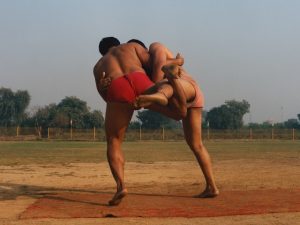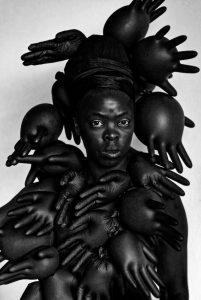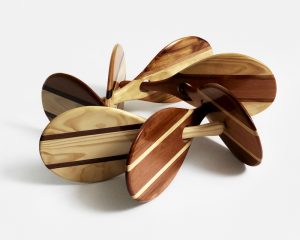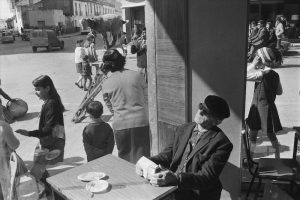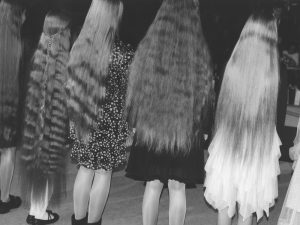Artist and wordsmith Wanda Orme on seeking an eternal flame in her latest poetry and photographic monograph Volcano Songs
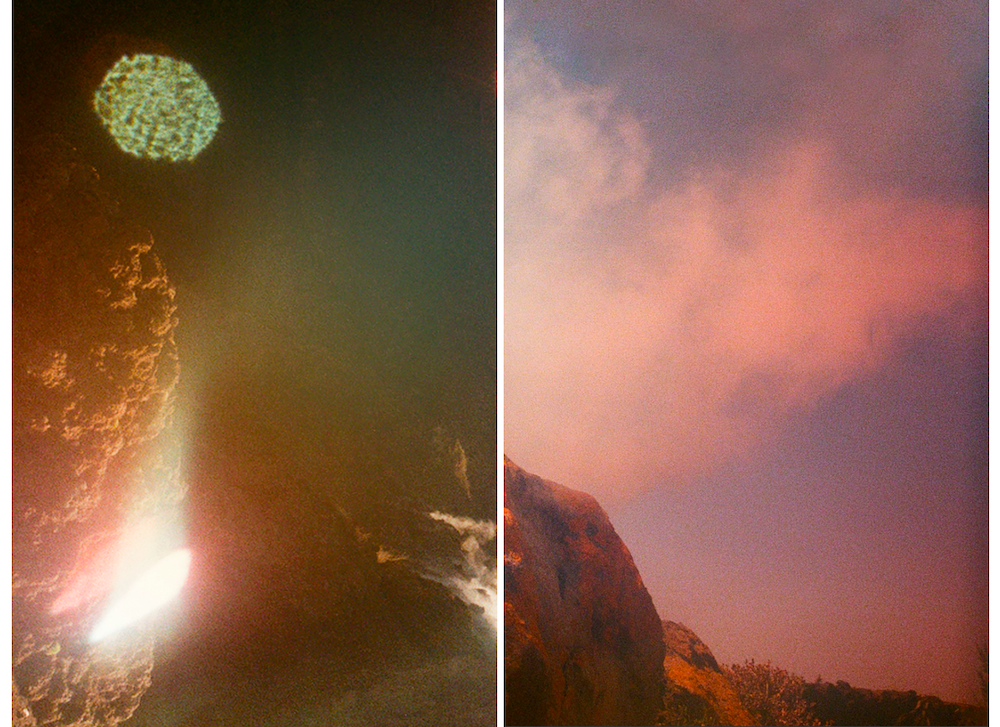
The multi-disciplinary artist and anthropologist Wanda Orme is celebrated for her visceral explorations of sexuality, the body and contemporary womanhood in the medium of both the visual image and the written word. However, in her latest cultural intervention Volcano Songs she has trained her unique lens upon the powerful sensuality of the natural world, and the molten energy burning at the core of the planet we call home. Featuring beguiling imagery captured on the slopes of Vesuvius and the volcanic islands of Alicudi and Pantelleria, punctuated by by words etched from corners of the soul that explore eternity, belonging and the vagaries of existence, Volcano Songs is a fantastically moving experience, imbued with the vast and mysterious power of its subject.
Here, the artist talks to Port about getting up-close-and personal with absolute power, and tells us why a shift towards viewing ourselves as part of an eternal continuum, and away from the politics of naval-gazing self-identification, might just be what is needed if we are ever going to improve the world.
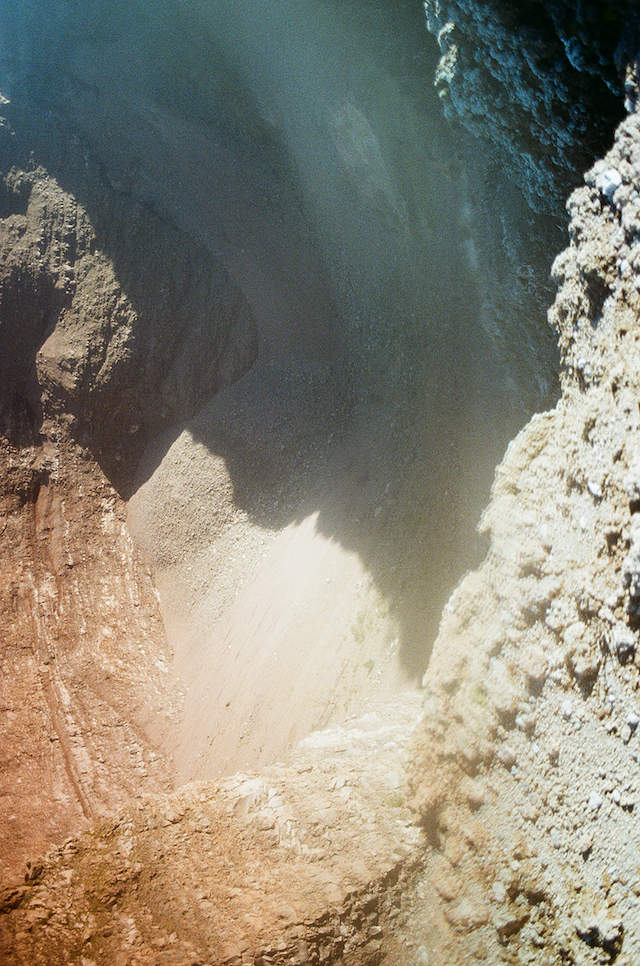
Where did the idea for Volcano Songs come from?
Volcano Songs was born of the sense of living in the visceral presence of a power that permeated the air, land, food, my own body – an awareness of this energy, like something ever-present hovering on the edge of vision, both intimate and unknowable. I pursued this sense of connection in an inquisitive, questioning, way – searching for clues. It was almost a geographical approach, an indirect path, the way you might track an animal. Volcanoes have sensuality, heat effusion, rhythm, depth and pressure – they are animal visceral, they breathe. Getting close to them was exciting, mysterious and powerful – a reminder that this planet is an animate being.
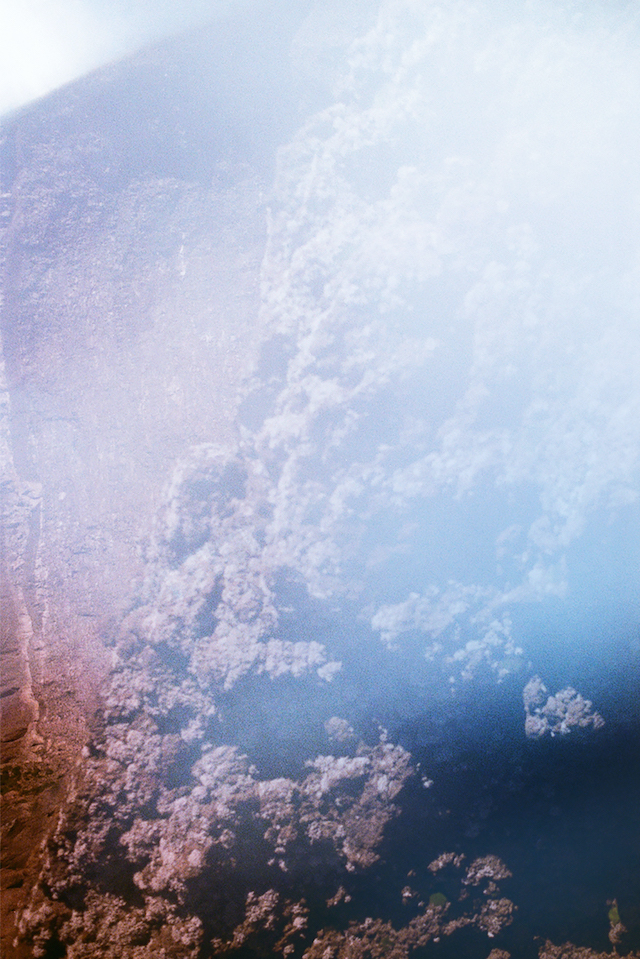
What does the symbolism of the volcano represent to you?
I don’t see the volcano as a symbol, but as a thing of and for itself, a thing that we can perhaps only apprehend in parts. It is like lots of little revelations, you never can quite have the full picture but in the in-between something is revealed of ancient power, of earth-ness and our place on it. Humans are a relatively new addition to the planet – volcanoes carry a history that is almost inconceivable to us. For me, they are a way to access a glimpse of another world, pre-human, where the energy and atoms that make up our bodies now would have experienced a very different world. Maybe we can remember somewhere in our bodies this sense of being – burning supernovas and primordial soups.
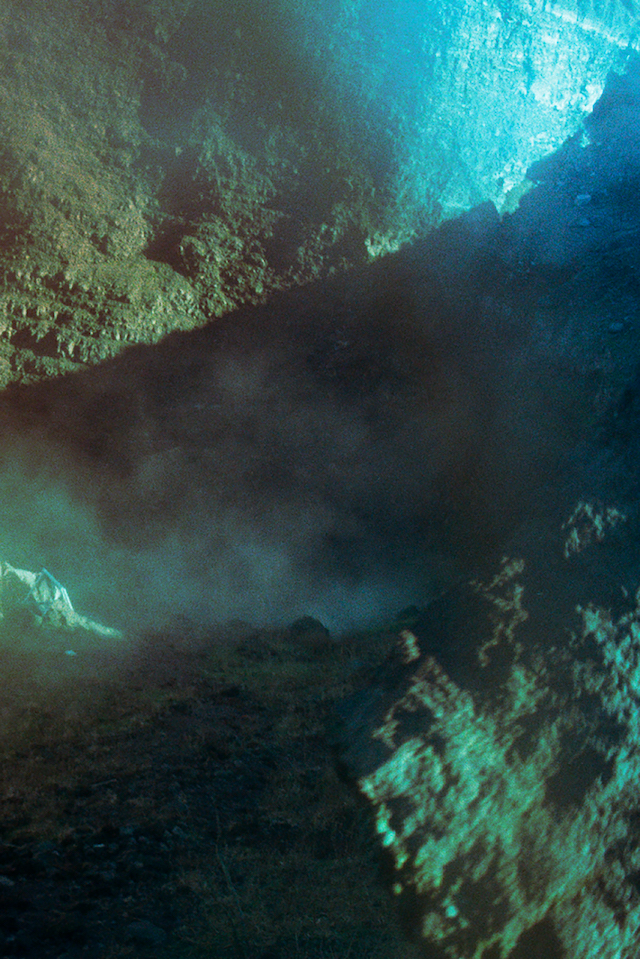
Does their age and power provide a unique perspective on the temporality of human existence?
The power of volcanoes underlies the continuity of energy for me. Yes an individual’s existence may be brief and temporal, but the energy that makes us up is not. It is infinitely recycled. Here is the cycle of creation and destruction – bodies bearing bodies; the volcano creating land and fertility through its most destructive acts. I think that there’s a huge power in recognising that you are a link in a chain, or a meshwork – it shifts awareness from an isolated individual to an interconnected system. This sense of connection can mean a sense of infinity – of the greatest freedom and beauty. It’s important, for example, to be able to stop to connect with the way sunlight falls through a window, and appreciate that that is the light of a burning star that has travelled a hundred million miles through space to reach you.
Why did you want to marry your images of volcanoes with text?
I hope that the image and text create between them a sensory world for the viewer to enter; a view onto another place – where power holds fast the bonds of reality without abuse, a kind of supra-natural holding that we all participate in regardless of our awareness. I think that there can be a huge release in being able to stand and acknowledge our place in a hierarchy of power. I’m talking about the natural world here – which is a place where we belong, by definition of our bodies, and our evolution in conjunction with the natural world. An awareness of this belonging can be healing, especially in a world where more and more people are suffering the consequences of disconnection and isolation.
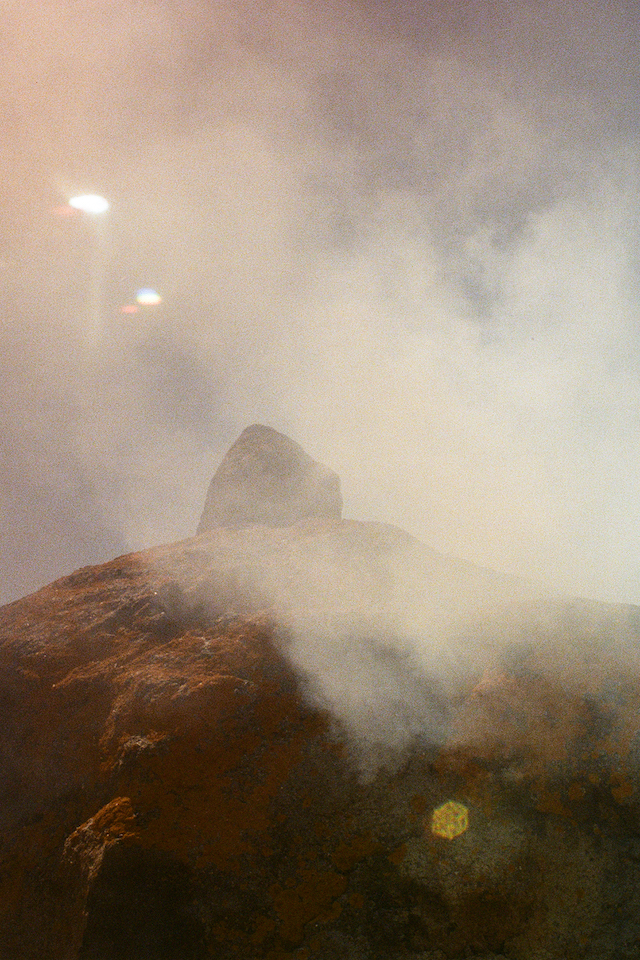
Are you driven by a sense of universal empathy?
I’m driven by my feelings to create work that speaks about certain sensations – they might be instincts, intuitions, but they are felt as truths, like something you know in your soul. Those feelings generally come from moments of connection with something beyond myself. I am really over identity. What if it’s not about you? What if the route to happiness does not lie in an infinite examination of yourself, but in something outside of yourself? A strong sense of self is important, but an endless exploration of self might not be the best contribution an individual can make. I think the pandemic has made it more imperative than ever to think about what the world actually needs, and how we can contribute to positive change.
Are you someone who has hope for the future of humanity?
My heart is so full of hope, despite everything. I think we have to hold on to our capacity to hope – to envisage better is a form of rebellion in and of itself. George Bataille said ‘the heart is human to the extent that it rebels’, and I think that everyone has something to contribute, and that the nature of that contribution might be as hugely varied as we can possibly imagine. In reaching out and beyond ourselves we can sometimes touch something so liberated from our limited understanding of ourselves – an experience that is extremely powerful. To have the privilege to be alive, in this hyper-sensory state we call a body, is such a gift.
Volcano Songs is published by Guest Editions
